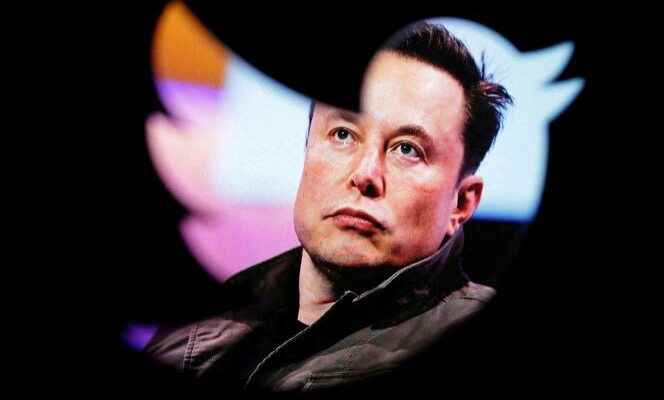“Under Elon Musk, it will be chaos at Twitter”, titledFriday, October 28, Wiredthe reference magazine for American tech, when the billionaire had just formalized the takeover of the social network after months of confusion and procrastination.
The observation is clear: with his contradictory positions on the strategy to be followed for the company, as well as on the moderation rules that he wishes to see applied on the platform and the layoffs he announced, Elon Musk opens a new period of major uncertainty for Twitter and its estimated 330 million claimed users.
But chaos is not really a new situation for the social network, whose short history is crisscrossed by governance crises, startling departures, and sudden strategic changes. In just over fifteen years, Facebook has had only one CEO, Mark Zuckerberg; Twitter, he had to do with six different directions, and four chairmen of the board. Its history is filled with surprise resignations, secret deals, and settling of scores that have made it one of the most troubled companies in Silicon Valley.
From its creation, its control has been the object of intense struggles. The service was born in 2006 as a side project of Odeo, a start-up specializing in podcasts. Quickly, Evan Williams, one of the co-founders of Odeo, perceived the potential of Twitter, bought the shares of the investors, and named Jack Dorsey, the engineer who had had the idea of a social network based on SMS, CEO of a new company that will become Twitter – himself chairing the board. Six months after the sending of the first tweet by Jack Dorsey, a first settling of scores occurs: the engineer Noah Glass, who was in charge of the development team, is dismissed unceremoniously.
Premonitory joke
But very quickly, relations between Jack Dorsey and Evan Williams prove to be complicated. Dorsey, who had never run a business, annoys his employees with his flippancy; he does not hesitate to leave the premises in the middle of the afternoon to go to his yoga class. And Twitter is experiencing significant technical difficulties, breakdowns and slowdowns, while the firm begins its meteoric growth (it will reach 100 million users in March 2011, five years after its creation).
In 2008, it’s too much: Evan Williams convinces the members of the board of directors that he must replace Jack Dorsey as CEO. The latter receives in compensation the – symbolic – presidency of the board of directors, but will no longer have any executive role. This “betrayal”, from the point of view of Jack Dorsey, will leave deep marks in the operation of the company, which is still partly crossed today by “pro-Dorsey” and “pro-Williams” currents.
You have 66.45% of this article left to read. The following is for subscribers only.
